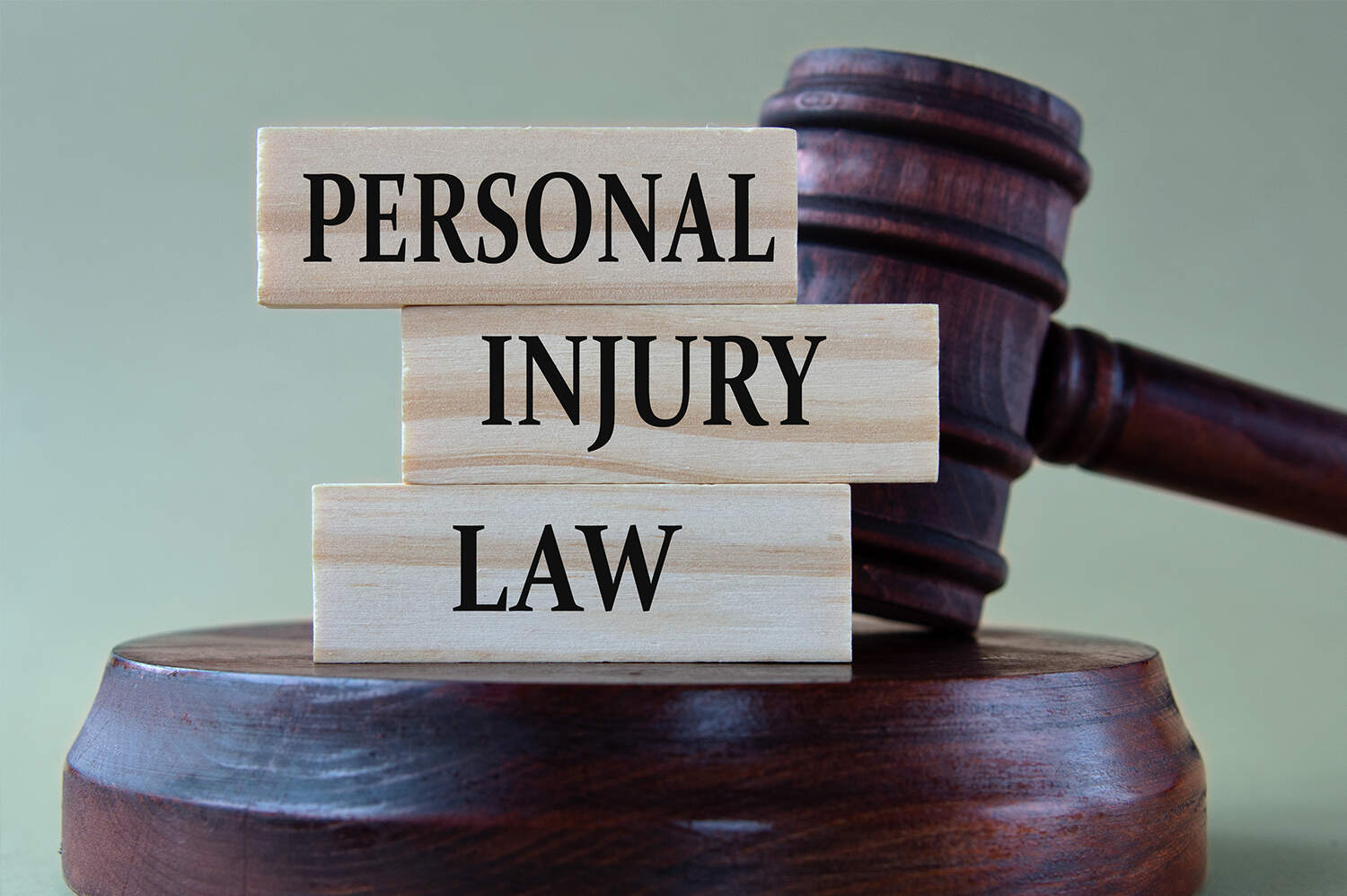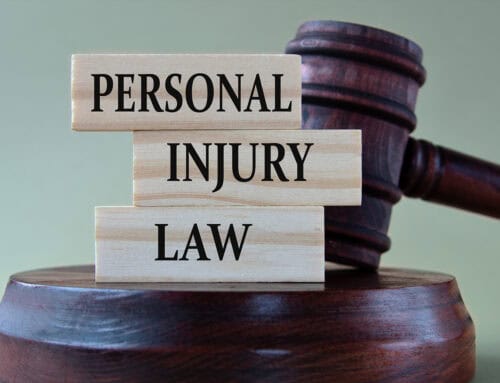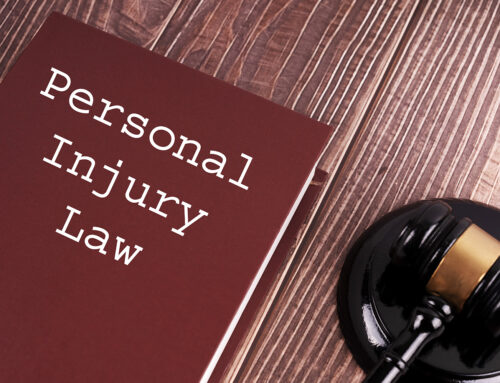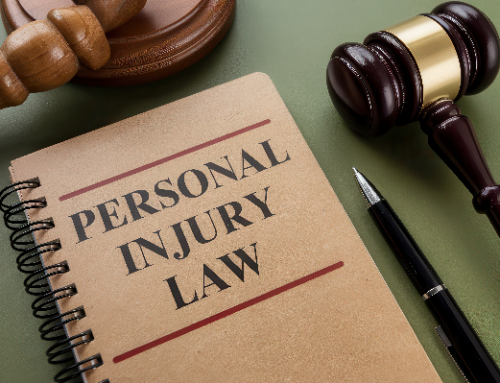When Is an Injury Serious Enough for a Lawsuit?
Were you recently injured in an incident involving another party? If the incident resulted in serious injuries caused by the other party’s actions, you likely have a civil case for compensation. Consider the elements that determine whether you have a right to file a claim or lawsuit against the at-fault party. In most cases, a personal injury attorney can help.
Understanding Damages Available in Your Case
Damages refer to the compensation awarded to an individual who suffers loss or injury. Cases with higher damages often warrant a lawsuit. To understand whether your case should go to court, consider the losses the court will recognize as recoverable. These include your economic and non-economic damages.
Economic Losses
Economic damages, often termed special damages, are quantifiable monetary expenses incurred, such as current and future medical expenses that arise due to the injury. These expenses can include hospital bills, costs for medical procedures, medication, rehabilitation, and any necessary long-term care.
Loss of income is another critical component. This covers lost wages from the time of injury and potential future earnings, especially if the injury results in a diminished capacity to work or permanent disability. In some cases, property damage may also factor into economic losses, particularly in auto accident cases.
Non-Economic Losses
Non-economic losses, often called general damages, are more challenging to quantify. They cover the intangible, subjective losses suffered by an individual due to their injury. Physical and emotional pain and suffering fall under this category. This includes chronic pain, discomfort, depression, anxiety, and the loss of enjoyment of life.
If the injury leads to long-term or permanent changes in lifestyle, such as a loss of mobility or the inability to partake in previously enjoyed activities, these are also quantifiable losses. In severe cases, disfigurement and loss of consortium, which refers to the loss of companionship and support in a marital relationship, are also recoverable.
Types of Injuries Causing Substantial Losses
Specific types of injuries, due to their severity and long-term implications, may lead to significant compensatory damages. These may include:
- Spinal cord injuries. Often resulting in partial or complete paralysis, these injuries can drastically alter a person’s life, requiring lifelong medical care and assistance.
- Traumatic brain injuries. Ranging from mild concussions to severe brain damage, these injuries can lead to long-term cognitive, emotional, and physical impairments.
- Severe burns. Extensive burns can require prolonged hospital stays and surgeries and can lead to scarring, disfigurement, and psychological trauma.
- Repetitive stress injuries. Common in various workplaces, these injuries develop over time and can lead to chronic pain and disability, affecting a person’s ability to work.
These injuries can significantly decrease the quality of life and the ability to perform daily activities or maintain employment. Beyond the immediate physical and psychological impacts, these injuries also have profound financial implications, often requiring victims to seek compensation through legal means.
When an Injury Does Not Warrant a Lawsuit
Not every injury necessitates a lawsuit. Minor injuries, where the damages are negligible or the cost of pursuing legal action outweighs the potential compensation, may not warrant a lawsuit. Furthermore, establishing liability becomes difficult if an injury does not clearly result from another party’s negligence or intentional harm. In such cases, the cost and effort of legal proceedings might not be justifiable. It is essential to evaluate the severity of the injury based on the damages sustained and determine whether liability is clear. An experienced personal injury attorney will listen to the details of your case and help you understand the legal avenues available to you.
Options for Compensation Outside of a Lawsuit
There are several alternative routes to compensation that do not include a lawsuit after a personal injury. Some options you may try first include:
- Insurance claims. Victims can file claims with relevant insurance providers, such as auto or health insurance companies, for immediate financial relief.
- Mediation. A neutral mediator assists both parties in reaching a mutually agreeable settlement, facilitating communication and negotiation.
- Private settlements. Parties can agree to a private settlement, negotiating terms and compensation without court involvement.
These options often provide a more direct, less time-consuming path to compensation. They can be particularly beneficial when legal proceedings are lengthy, costly, or have an uncertain outcome.
Contact a Personal Injury Lawyer To Learn More About Your Options
In the aftermath of a devastating accident caused by someone else’s negligence or wrongful action, you likely have questions about your right to compensation. A personal injury attorney specializes in tort law and will walk you through the civil process, explaining the laws that apply to your case and helping you assess the value of your claim. Contact the Law Offices of Brent D. George to schedule your free consultation with an experienced personal injury lawyer today.
Disclaimer: This article is intended for informational purposes only and does not constitute legal advice. For personalized assistance, please contact our office at (805)494-8400.






